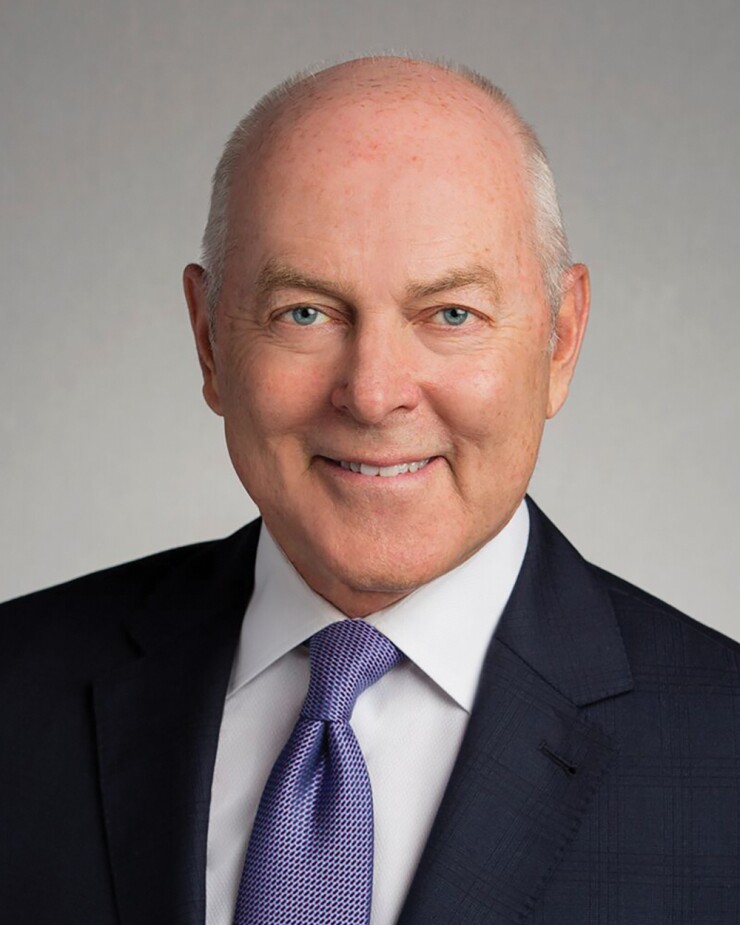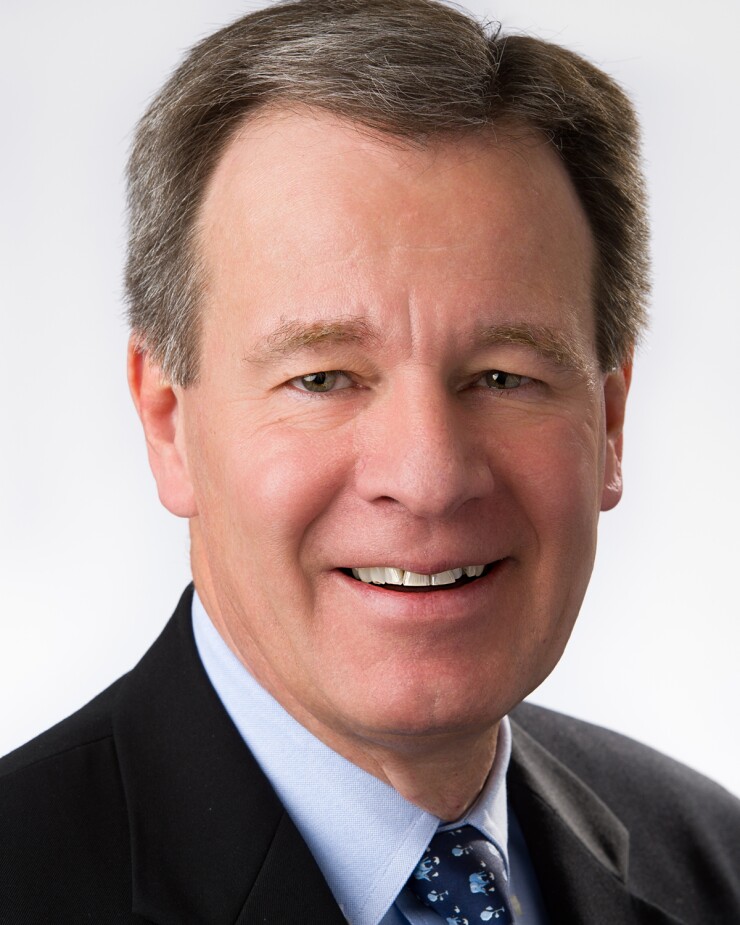The Consumer Financial Protection Bureau's practice of "regulation by enforcement" forces mortgage companies to develop compliance standards based on the mistakes of their peers, rather than clear guidance from the enforcement agency, according to David Motley, the new chairman of the Mortgage Bankers Association.
"The CFPB continues to enforce regulation through enforcement action rather than through clear rules of the road that the industry can follow," Motley said in an interview with National Mortgage News, explaining that regulation by enforcement leads companies to question themselves based on other companies' errors and develop policies and procedures in response.
"A preferred route would be to have the CFPB give good guidance that is reliable guidance, and right now you can't rely on the guidance; they specifically put a disclaimer out there that you can't rely on it," he said.
Motley — president of Fort Worth, Texas-based Colonial Savings and its two divisions, Colonial National Mortgage and CU Members Mortgage — was sworn in as the MBA's 2018 chairman Sunday at the commencement of this year's

Motley's argument isn't new, and CFPB Director Richard Cordray has previously
"Not too long ago, HUD Secretary Carson announced that at least from HUD's perspective, they were going to be shifting from regulation by enforcement, and that's something that we have been advocating for, for a long time. So clearly, we're making some progress," Lopez said in reference to the Department of Housing and Urban Development.
Likewise, affordability and inventory shortages are among the most pressing housing issues in the country, and they require a coordinated effort among the industry's trade groups to address, Motley said.
"I think we can work with other trade organizations, the homebuilders, the Realtors, and come out with a combined, joint message from the housing trade groups that focus on the supply issue to try to break down some of the barriers and regulations that are raising the costs and limiting the supply of new homes in the United States," Motley said. "That's one big priority for me this year — to try and create a better environment to address that issue."
About 1.2 million new homes need to be added each year for the U.S. housing stock to maintain equilibrium with demand, Motley said, but housing starts have run less than half that for nearly a decade.
And as Motley continues to address these issues, he will also prioritize
"Right now, our industry is to too great an extent pale, male and stale, and we need to take some steps to change that so our industry better reflects the customers that we're going to serve," said Motley.
In the next decade, a projected 16 million new households will be created, with an estimated 70% being "multicultural," according to the new chairman.
Regarding challenges he anticipates during his term, Motley said," I think a lot of the challenges are a function of the opportunities," explaining that while multicultural market growth is a tremendous opportunity to those wanting to own homes, a workforce adequately reflecting the changing profile of those new borrowers does not yet exist.
Another opportunity presenting challenge is the automation of the industry.
"There's a tremendous amount of really great technology that's going on that's speeding up the process and has the opportunity to lower the costs of origination and to provide lower rates to consumers. That's all great, but it comes with increased data security challenges — like exactly what's going to be exposed in this
Transformational technology was a main focus of Lopez during his term, who felt it would better serve consumers, lenders, and assist in facilitating the meeting of regulatory requirements. Lopez regarded one of his greatest achievements as chairman was progress with government-sponsored enterprise reform.

The MBA released a new white paper last month examining CFPB approaches, and made advancements with the TILA-RESPA integrated disclosure rule after successful conversations with the Treasury Department, where MBA recommendations were included in the Treasury's regulatory reform report.
Lopez noted that technology played a big role in the advancements with TRID, but like Motley, anticipates challenges ahead.
"Regarding
"For example, in 2018, we're going to be delivering a lot of HMDA data to the CFPB and I'm very concerned about our customers' data; I'm concerned that it should be secure and I'm not so sure that's the case. So that's something that I personally am going to continue to pay attention to and I know that the MBA will," he continued.





